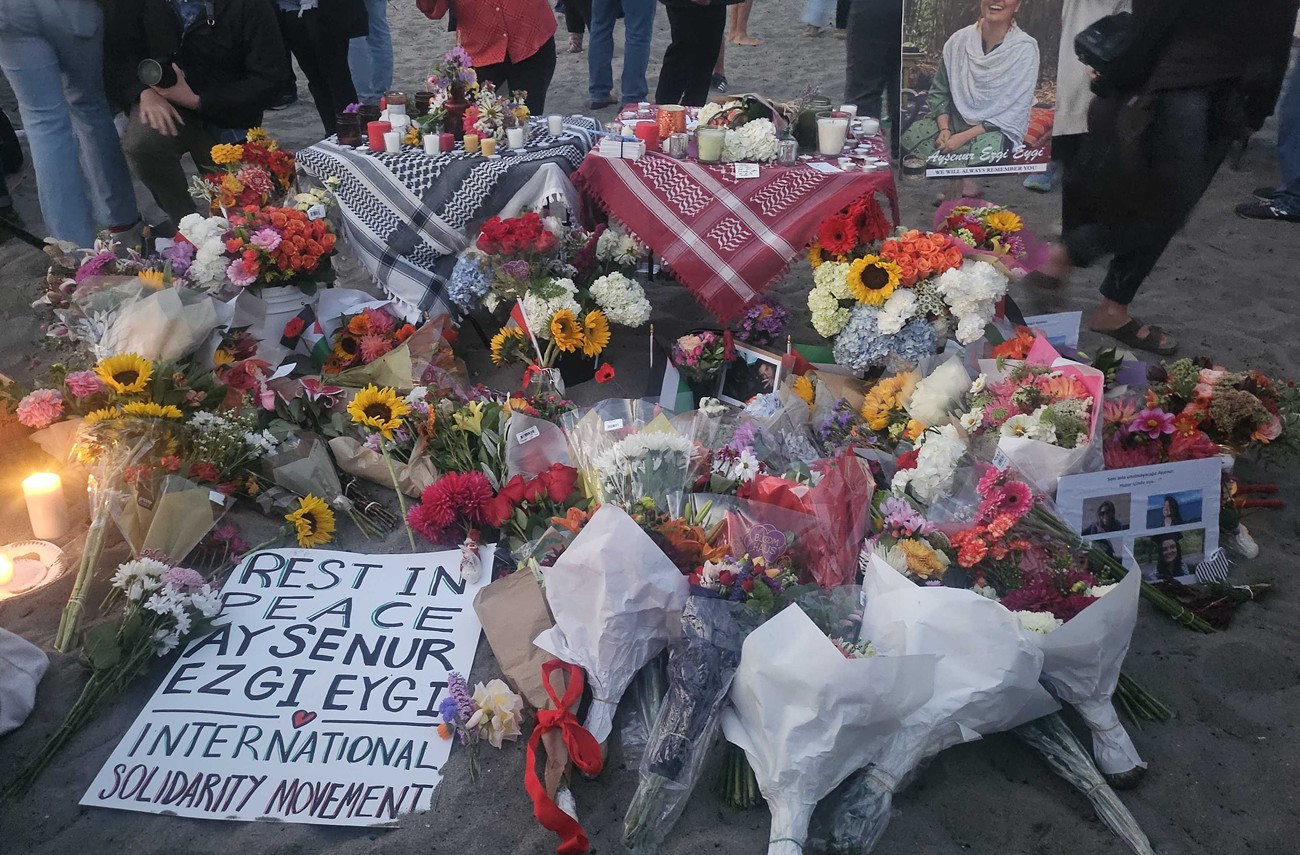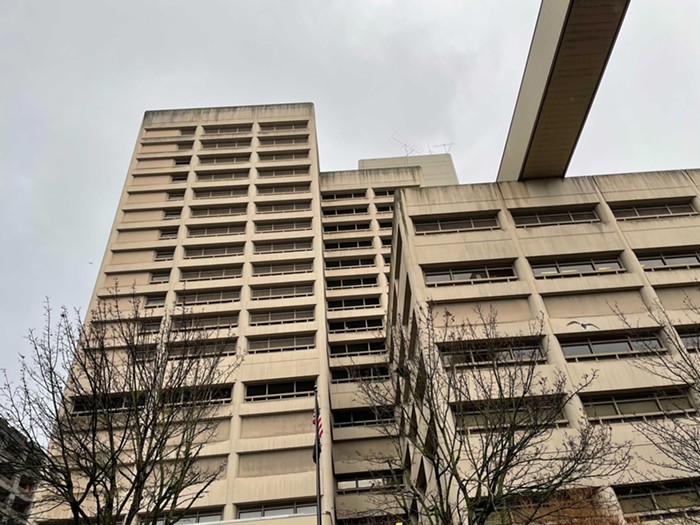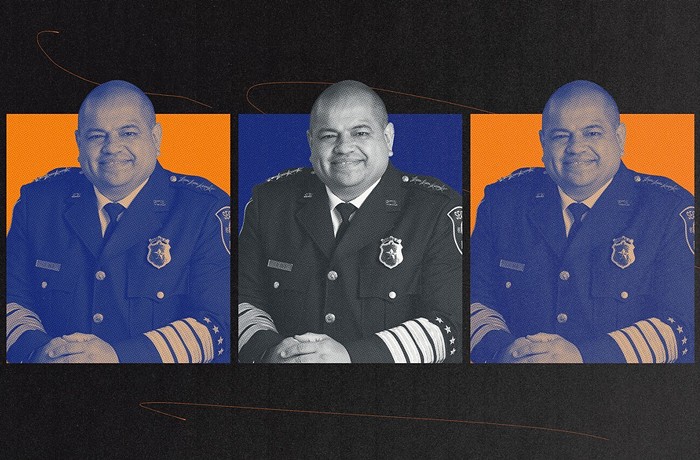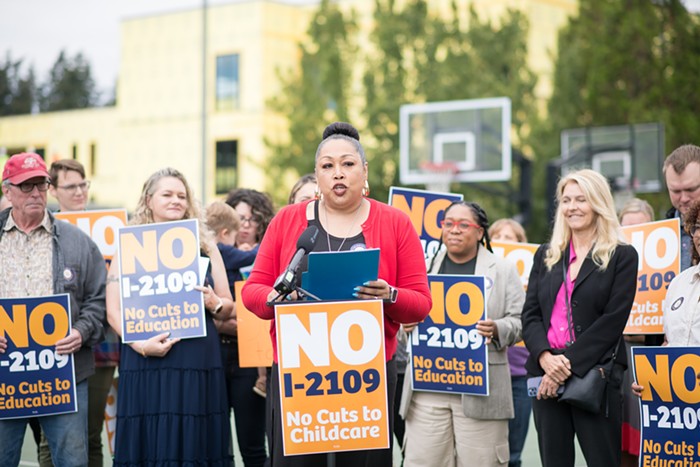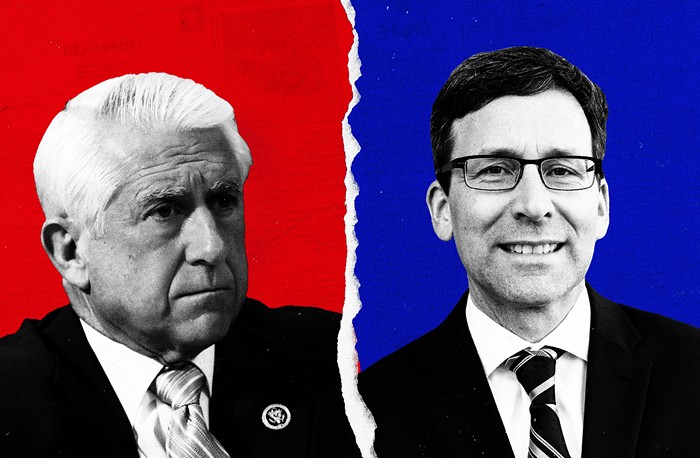Friends, family, and others moved by the life of Ayşenur Ezgi Eygi gathered around a bonfire on Alki Beach Wednesday night to remember the Seattle-based activist after Israeli forces shot and killed her while she protested illegal settlements in the West Bank last week. While much of the press memorializing Eygi has revolved around her tireless advocacy for Palestinian liberation and her family’s unanswered calls for an independent investigation of her killing, close friends of Eygi shared a more personal perspective of the 26-year-old woman that Israel “stole” from them, as one speaker put it.
Her friends all vowed to carry on her legacy as a community organizer who changed the world with actions as small as baking baklava for the people she loved and as consequential as facing the Israeli military in the pursuit of justice for oppressed people.
“The Ayşenur I knew was so much more than just an activist,” said one of her closest friends, Kelsie Nabass, at the vigil. Nabass said Eygi taught her how to “live with the duality of living in an unjust world, while fighting for liberation, while still feeling empowered to enjoy the day-to-day moments with our friends and our community.”
When Nabass and Eygi first met, Nabass knew right away they would become close friends, she said in her speech. She recalled their first coffee date on Capitol Hill. “What I thought was just going to be a casual meeting for lunch during a work day, in the blink of an eye became three-and-a-half hours. I was so enamored by her right away. We connected on everything so deeply that I actually missed a meeting with my boss at that time. Something about being with her melted away the world's worries.”
Over their years of friendship, Nabass said they learned how to pull the perfect espresso shot from Eygi’s fully manual espresso machine, enjoyed sunsets at the waterfront, and watched horror movies on Netflix together.
On Friday, Nabass received a text “that completely shattered” her reality. Even standing at the vigil, Nabass said she still couldn’t believe Israel had “martyred” her best friend. Nabass wondered how Eygi felt in her last moments, lying alone under the olive trees. She wondered if she knew how many people her memory would draw out to Alki Beach. She wondered how the Israeli army could be so cowardly as to see Eygi as a threat.
Another speaker, Sue Han, recounted vivid memories of her friendship with Eygi. Han recalled a late-night chat where they discovered they were “Leo sisters,” having birthdays just three days apart. She remembered the time Eygi brought her a ziplock bag filled with cut strawberries when she picked her up from the airport, the “Arabic trap music” they listened to with the bass boosted so high it hurt Han’s ears, and their shared comfort food, pho.
Han met Eygi at a cafe in Columbia City just days before she left Seattle.
“We talked for hours about your travel plans to Turkey and Palestine, about how you felt scared and selfish for leaving your loved ones and going to the West Bank,” Han said directly to Eygi. “You are the most selfless person I know.”
Han continued, “We talked about our friendship, of feeling like we'd never have enough time to honor everything we'd experienced together these past few months. You looked at me, held my hand with tears rolling in your eyes, and reaffirmed, with that same childlike honesty as when we first connected, that we were going to be friends forever.”
Han said that she and Eygi made plans for when she returned from Palestine. They would paint together and finally throw that bonfire hangout they never got to throw because some park rangers spoiled the fun last time.
“All you wanted to do was bring together everyone you loved to Alki Beach and do a bonfire and you said, ‘Maybe next summer,’” Han said. “So, I'm sure you're so happy right now.”
The personal details Eygi’s friends shared not only showed a more complete, more human picture of someone who will undoubtedly by mythologized for her killing, it also served as a reminder that every one of the tens of thousands of Palestinian civilians that Israel has killed in its ongoing genocide also lived as a unique and valued member of their own community, worthy of a sunset vigil on their favorite beach in their hometown.
Zho Ragen, who organized the encampment protest for Gaza at the University of Washington (UW) with Eygi, called on the public to honor Eygi’s martyrdom by uniting in struggle and freeing Palestine.
Ragen and Eygi’s friend, Yoseph Ghazal, both remembered Eygi during a special night at the encampment. In his remarks at the vigil, Ghazal recalled feeling hopeless about their negotiations with the administration at the UW and about the ongoing genocide in Gaza. But then Ghazal, Eygi, and a few others looked up at the sky and saw the Aurora Borealis. They stayed up, watched the sky in awe, and talked for hours. The lights in the sky and the bright light that Eygi represented gave Ghazal hope that he would see the liberation of Palestine, he said.
When Ghazal told his Palestinian parents about Eygi’s martyrdom, his dad said, “She is more Palestinian than we will ever be.” Ghazal took that to mean that to be Palestinian is to have a revolutionary spirit.
All of her friends who spoke at the vigil, in one way or another, vowed to carry on Eygi’s legacy, both as a friend and an advocate.
“We'll take care of the world that you loved so much, Ayşenur,” Han said. “Don't you worry.”
